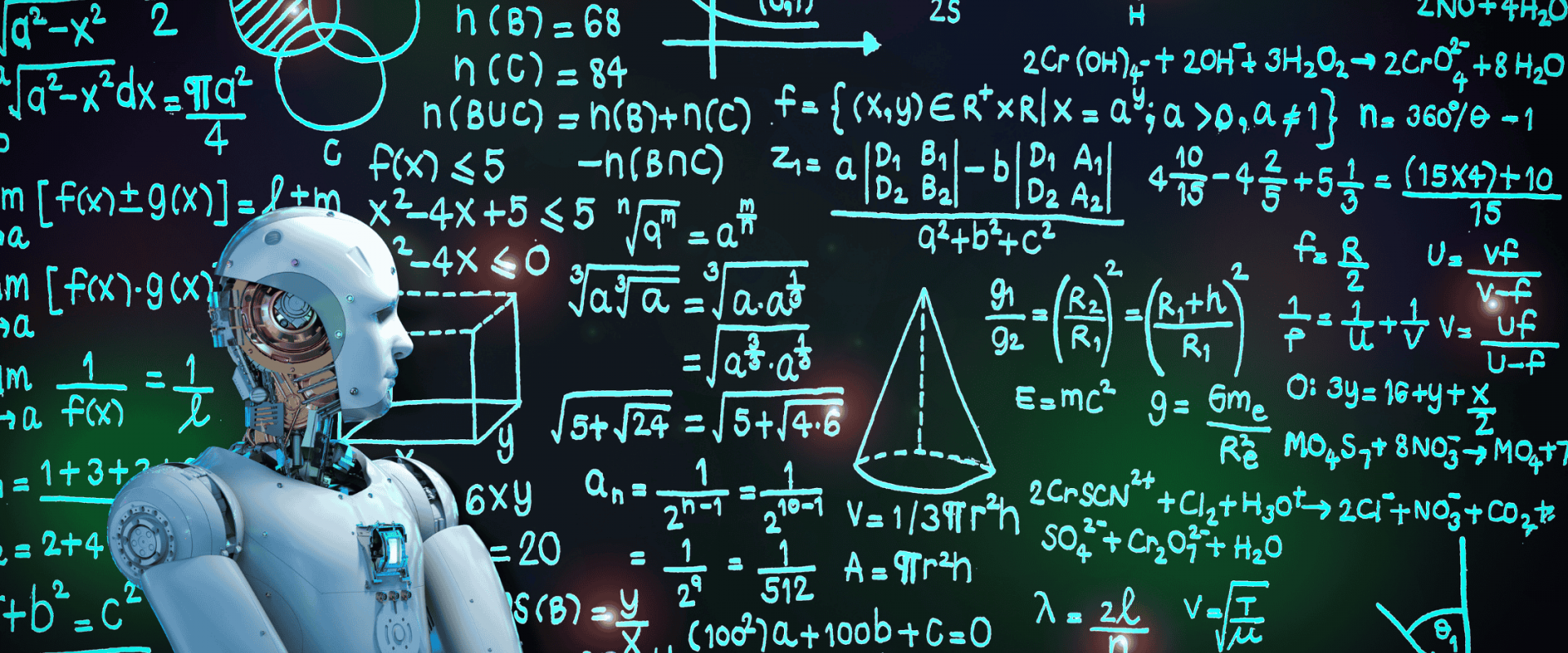The Importance of Kubernetes in MLOps and Its Influence on Modern Businesses

Machine Learning Operations (MLOps) is a critical discipline that combines machine learning, data engineering, and DevOps to streamline the end-to-end lifecycle of ML models. From data processing and model development to deployment, monitoring, and continuous improvement, MLOps ensures that machine learning workflows are efficient, scalable, and reproducible.
However, one of the most significant challenges in MLOps is building scalable and flexible infrastructure capable of handling the unique demands of machine learning workloads. Kubernetes, a powerful container orchestration tool, has emerged as a game-changer in this space, offering the infrastructure needed to support MLOps at scale.
At ZippyOPS, we specialize in consulting, implementation, and management services for DevOps, DevSecOps, DataOps, Cloud, Automated Ops, AI Ops, ML Ops, Microservices, Infrastructure, and Security. If you’re looking to optimize your MLOps workflows or need expert guidance, explore our services or check out our YouTube playlist for demos and tutorials.
Why Kubernetes is Essential for MLOps
Kubernetes provides a robust foundation for MLOps by addressing key challenges such as scalability, consistency, automation, and fault tolerance. Let’s explore how Kubernetes influences modern businesses through real-life examples and practical applications.
1. Scalability and Resource Management
Machine learning workflows, especially deep learning models, often require substantial computational resources. Kubernetes excels in dynamic scaling, automatically allocating resources like CPU, GPU, and memory based on real-time demand. This ensures optimal performance and cost efficiency, even during peak workloads.
Example:
Companies like Netflix and Airbnb use Kubernetes to manage their recommendation systems. During peak hours, Kubernetes dynamically scales resources to handle increased user requests, ensuring seamless performance and cost optimization.
2. Consistency Across Environments
Reproducibility is a core challenge in MLOps. Kubernetes ensures consistency by packaging ML models and their dependencies into containers. This eliminates discrepancies between development, testing, and production environments, reducing the “works on my machine” problem.
Example:
Spotify uses Kubernetes to containerize its machine learning models, ensuring consistent performance across different environments. This approach minimizes deployment issues and enhances reliability.
3. Automating the Workflow
Kubernetes streamlines the MLOps workflow by orchestrating containerized tasks in CI/CD pipelines. From model building and testing to deployment, Kubernetes ensures seamless automation, enabling continuous and reliable updates to ML models.
Example:
Zalando, a leading European fashion retailer, leverages Kubernetes in its CI/CD pipeline for ML model updates. This ensures smooth and uninterrupted deployment of new model versions.
4. Enhanced Monitoring and Model Governance
Monitoring ML models in production is challenging due to evolving data inputs and model behavior. Kubernetes integrates with tools like Prometheus and Grafana to provide real-time insights into system performance and model-specific metrics like accuracy and drift detection.
Example:
NVIDIA uses Kubernetes to monitor custom metrics such as model drift and accuracy. Alerts are triggered when metrics fall outside acceptable thresholds, ensuring proactive maintenance of model performance.
5. Orchestration of Distributed Training and Inference
Kubernetes supports distributed computing frameworks like TensorFlow, PyTorch, and Horovod, enabling efficient scaling of model training across clusters. This is particularly useful for training large-scale deep learning models.
Example:
Uber uses Kubernetes for distributed training of its ML models, ensuring reliable and scalable training even during peak demand. Kubernetes also serves models in real-time, delivering low-latency predictions for services like ride-sharing and food delivery.
6. Hybrid and Multi-Cloud Flexibility
Kubernetes’ cloud-agnostic design allows organizations to deploy ML models across on-premises, public clouds, and edge devices. This flexibility is crucial for data sovereignty, low-latency needs, and avoiding vendor lock-in.
Example:
Alibaba uses Kubernetes to run ML workloads across on-premises data centers and public clouds. This hybrid setup ensures compliance, scalability, and cost efficiency.
7. Fault Tolerance
Kubernetes’ fault tolerance ensures uninterrupted ML workflows, even in the event of node or container failures. This is critical for distributed training, where failures can lead to significant time and resource losses.
Example:
Uber leverages Kubernetes with Horovod for distributed deep learning. If a node fails, Kubernetes automatically restarts the workload on a healthy node, minimizing disruptions and ensuring reliable training.
Conclusion
Kubernetes has become indispensable in MLOps, providing the infrastructure needed to manage and scale machine learning workflows effectively. Its capabilities in resource orchestration, containerization, continuous deployment, and monitoring streamline the entire ML lifecycle, from development to production.
As machine learning models grow in complexity and importance, Kubernetes will continue to play a pivotal role in enhancing the scalability, efficiency, and reliability of MLOps practices. Beyond technical implementation, Kubernetes drives innovation and operational excellence in AI-driven systems.
If you’re looking to optimize your MLOps workflows or need expert guidance, ZippyOPS offers consulting, implementation, and management services for DevOps, DevSecOps, DataOps, Cloud, and more. Explore our services, check out our products, or view our solutions. For a demo, visit our YouTube playlist.
If this seems interesting, please email us at [email protected] for a call. Let’s build scalable, efficient, and secure systems together!
Recent Comments
No comments
Leave a Comment
We will be happy to hear what you think about this post